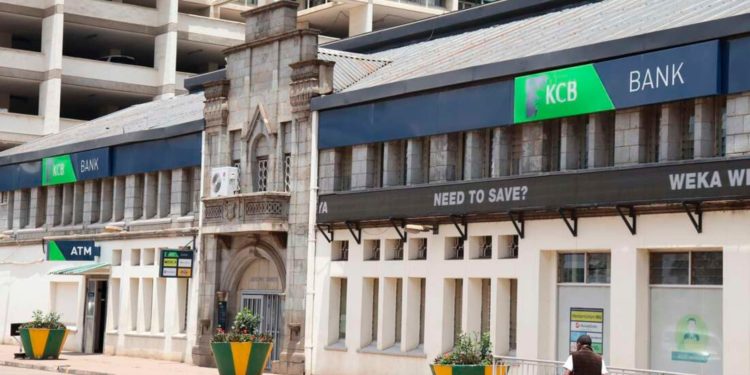The Central Bank of Congo’s directive mandating that all banks in the Democratic Republic of Congo maintain at least 45.0% local or minority shareholding is pitched as a bold step toward economic empowerment. It aims to foster local ownership and deepen financial inclusion in a nation striving for greater control over its economic destiny. Yet, for regional banking giants like Kenya’s Equity Group Holdings and KCB Group Plc, which command 85.0% ownership of their DRC subsidiaries, Equity BCDC and Trust Merchant Bank, this policy is a disruptive force. Rather than advancing the DRC’s financial landscape, it threatens to unravel the progress these institutions have driven, erode investor confidence, and destabilize a sector critical to the country’s growth. A closer examination reveals why this well-intentioned rule is poised to backfire and why a more collaborative approach would better serve the DRC’s ambitions.
Equity and KCB have poured substantial resources into the DRC, transforming it into their most lucrative foreign market. Their success stems from strategic investments in technology, governance, and infrastructure, tailored to navigate the DRC’s complex environment. Forcing these banks to cede at least 30.0% of their stakes upends long-term plans, curtails their operational autonomy, and risks diluting the expertise that has fueled their subsidiaries’ growth. Equity BCDC, for instance, thrives by leveraging its parent’s digital banking prowess, a model that may falter if new shareholders prioritize short-term profits over strategic alignment. This mandate punishes these banks for their commitment, potentially deterring further investment.
Beyond disrupting individual banks, the directive breeds regulatory uncertainty. Investors, particularly those with the capital and expertise to tackle the DRC’s challenges, rely on stable rules to justify long-term commitments. An abrupt policy shift like this signals that the regulatory landscape can change unpredictably, raising the risk profile of the DRC’s banking sector. For Equity and KCB, which have bet heavily on the market’s potential, this uncertainty could prompt a reassessment of future investments, starving the sector of the capital needed to sustain growth.
More alarmingly, the policy risks weakening the very institutions it seeks to regulate. By pushing out foreign majority owners with deep financial resources and technical know-how, the Banque Centrale du Congo (BCC) opens the door to less experienced or undercapitalized local shareholders. While local ownership is a worthy goal, it must not compromise institutional strength. The profitability and efficiency of Equity BCDC and Trust Merchant Bank owe much to their integration with East African banking systems, robust governance, and operational scale. Diluting these foundations could erode service quality, undermine consumer trust, and destabilize the financial ecosystem that serves millions of Congolese.
The directive also jeopardizes regional economic integration. Equity and KCB have been pivotal in facilitating cross-border trade, remittances, and financial inclusion across East and Central Africa. Their ability to operate seamlessly across borders hinges on maintaining control over their subsidiaries. Reducing their stakes could limit their regional ambitions, slowing progress toward a more interconnected African financial market, an outcome at odds with the DRC’s aspirations to be a regional economic hub.
Promoting local ownership is a laudable objective, but coercion is not the answer. A heavy-handed mandate risks alienating credible investors and fostering resentment rather than partnership. A smarter approach would involve incentives, tax breaks, subsidies, or preferential licensing for banks that voluntarily onboard local partners. Such measures would encourage collaboration, preserve investor confidence, and align with the DRC’s development goals without jeopardizing institutional stability.
In its current form, the BCC’s directive is a misstep. It threatens to weaken high-performing banks, deter foreign investment, and hinder financial progress in a country that cannot afford such setbacks. The DRC stands at a critical juncture, with its banking sector poised for growth. A more gradual, incentive-driven strategy would better balance the pursuit of local ownership with the need for stability and expertise. Only through collaboration, not compulsion, can the DRC secure a financial future that serves both its people and its partners
















